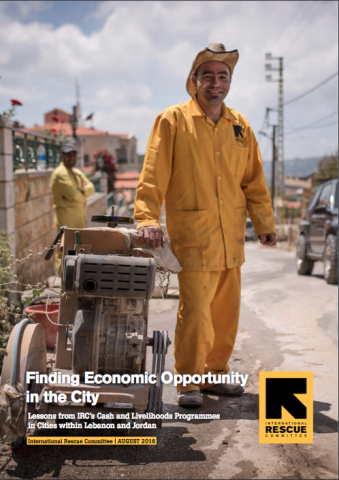Building Coalitions for Urban Resilience Toolkit
LAS TRADUCCIONES AL ESPAÑOL ESTÁN AQUÍ This toolkit is developed by the Global Disaster Preparedness Center with funding support from USAID presenting an approach for building coalitions in cities to build resilience. Addressing the increasingly complex issues facing urban areas requires a city-wide civic process to build local coalitions to guide and foster work at […]
Building Coalitions for Urban Resilience Toolkit Read More »

